2023-09-19 08:56
Incheon International Airport, Mutual Growth through Win-Win Cooperation

In response to the rapidly evolving landscape of the logistics sector, characterized by an increase in the value addition of logistics, the integration of advanced systems, and the proliferation of borderless e-commerce, Incheon International Airport is steadfast in its commitment to enhancing logistics services. Its core value is customer satisfaction, fostering trust through a myriad of initiatives that focus on symbiotic growth with clients.
Currently, the Incheon International Airport’s Free Trade Zone encompasses an airport logistics complex and cargo terminal area, promising a more competitive environment to customers through streamlined customs procedures, duty-free benefits, and a variety of incentives.
Tenants can enjoy the freedom associated with manufacturing, logistics, and trade activities, complemented by benefits such as affordable rental rates and deferred customs duties. The logistics complex and the cargo terminal area within the Free Trade Zone are directly connected, facilitating seamless exchanges without the need for separate transportation procedures. This connection supports value-added logistics activities through mechanisms like straightforward processing, assembly, and use consumption declaration, thereby actively adapting to the global business environment.
Currently, the cargo terminal houses eight cargo buildings, three air cargo warehouses, four special-purpose processing facilities, and two customs bonded areas, collectively forming a significant logistics hub.
Simultaneously, Incheon International Airport is advancing towards the development of future-oriented cargo terminals and autonomous cargo towing technologies. These innovations aim to elevate the efficiency and streamline the operations further. Through these developments, the airport plans to upgrade the caliber of logistics services provided to its customers significantly.
Incheon International Airport plans to spearhead the global aviation logistics technology sector by adopting new technologies such as AI and robotics. These technologies aim to minimize the costs and time involved in cargo operations, boosting productivity substantially. Furthermore, the airport is in the process of establishing new ground operation protocols and promoting the digital transformation of the air cargo industry, to position itself as a leader in the sector.
Moreover, Incheon International Airport is committed to expanding transportation options to enhance customer convenience. Plans are underway to support new transportation means, including buses, to supplement the existing transportation facilities, ensuring easy and efficient access to the logistics complex for clients.
Incheon International Airport is ramping up efforts to enhance the marketing activities of its client companies. An initiative in this direction was the ‘Joint Information Session to Boost Air Cargo Volume in the Vietnam Region’ organized in collaboration with Jeju Air. The session, which took place over two days from May 31st to June 1st, in Hanoi and Ho Chi Minh City, Vietnam, targeted local logistics personnel and aimed to foster an increase in air freight traffic in the region.
This event was strategically planned as a part of the ongoing ‘Air Cargo Incentive Program’, spearheaded by Incheon International Airport to amplify air cargo traffic volumes. Spanning two days, the event attracted a significant response, with about 61 companies from the Vietnamese forwarding and logistics sectors, and approximately 150 representatives in attendance.
Building on the success of this event, Incheon International Airport plans to hold a joint briefing with FedEx later this year, in addition to rolling out online marketing campaigns with China Airlines and UPS. Looking ahead, the airport intends to expand its collaborative marketing efforts, fostering continuous dialogue and partnerships with a broader spectrum of clients.
< Korea Shipping Gazette >
많이 본 기사
- “해양관광대국 초석 다진다” 해양레저관광협회 공식 출범CMA CGM, 美 항만운영사 설립…터미널 10곳 묶는다북극항로 민관협의회 출범 “9월 시범운항”해수부 출입 해운기자단, 해사신문 윤여상 국장에 감사패 전달KSS해운, BGN·태국석유공사와 VLGC 7척 장기계약‘부산 환적·광양 수출입’ 컨물동량 1%대 성장삼성중공업, 지난해 영업익 8622억 달성…12년來 최대정기선 HD현대 회장, 印 모디 총리 만나 합작조선소 건립 논의日 MOL, HD한국조선해양에 액화이산화탄소 운반선 2척 발주한진, ‘물류 바탕’ 전방위 ESG 경영 확산
- 인사/ 한국해양수산개발원케이조선, 5만t급 화학제품운반선 4척 수주…2900억 규모한국해양교통안전공단 이사장 공개 모집콜드체인協, 제11기 콜드체인관리사 양성과정 모집태웅로직스, 이천 풀필먼트센터 구축…이커머스 물류 진출목포해大 최부홍 신임 총장 “학생·지역·국가에 책무 다할 터”국제물류협회, 마이스터고 대상 ‘영마이스터 물류캠프’ 운영인사/ 해양수산부부산항 컨테이너 물동량 2488만TEU…최대치 경신엑소텍, 프랑스서 물류 자동화 행사 ‘엑소서밋 2026’ 개최
스케줄 많이 검색한 항구









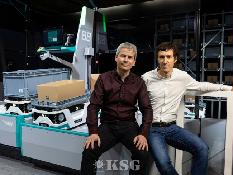
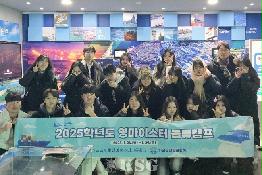
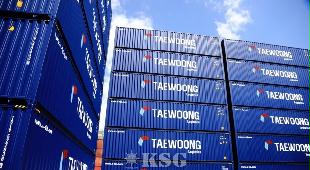
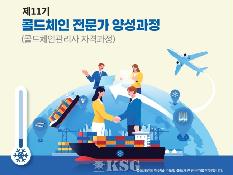
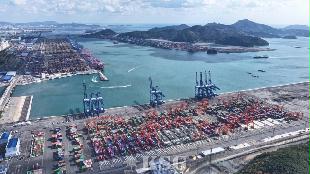
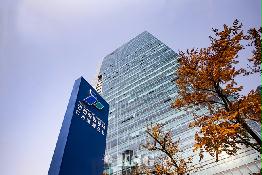
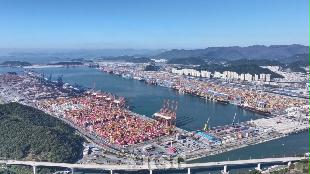
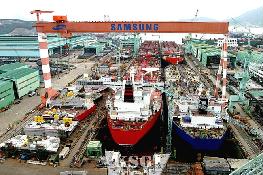
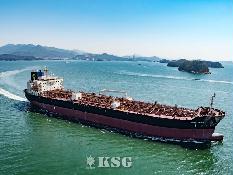
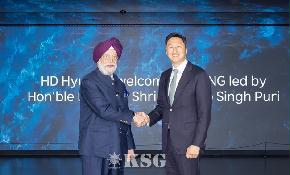
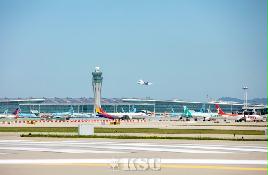
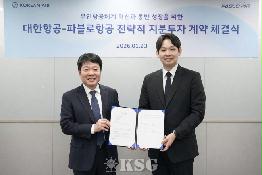
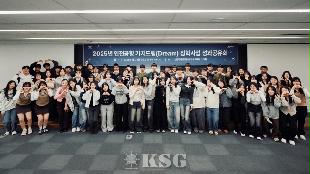
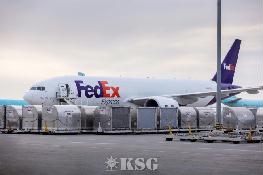
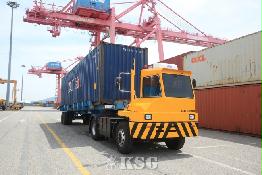

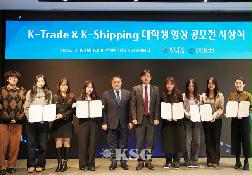
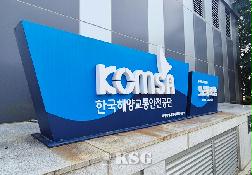
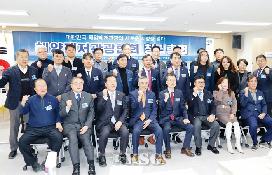

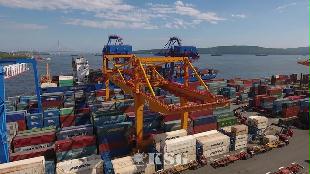
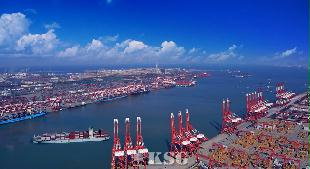
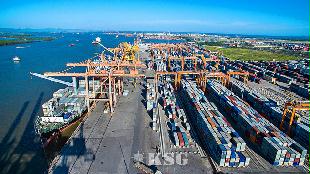
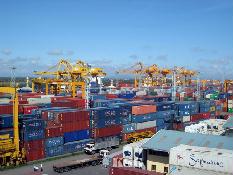





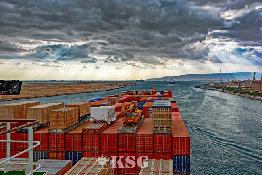
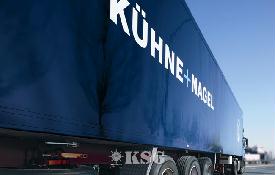
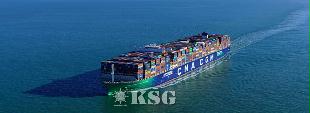
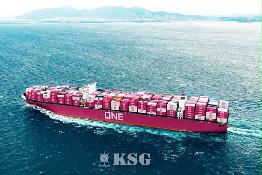
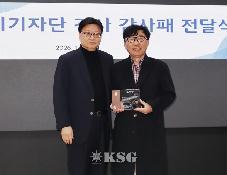
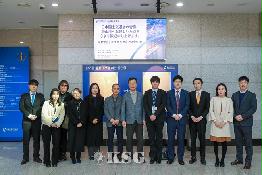




















0/250
확인